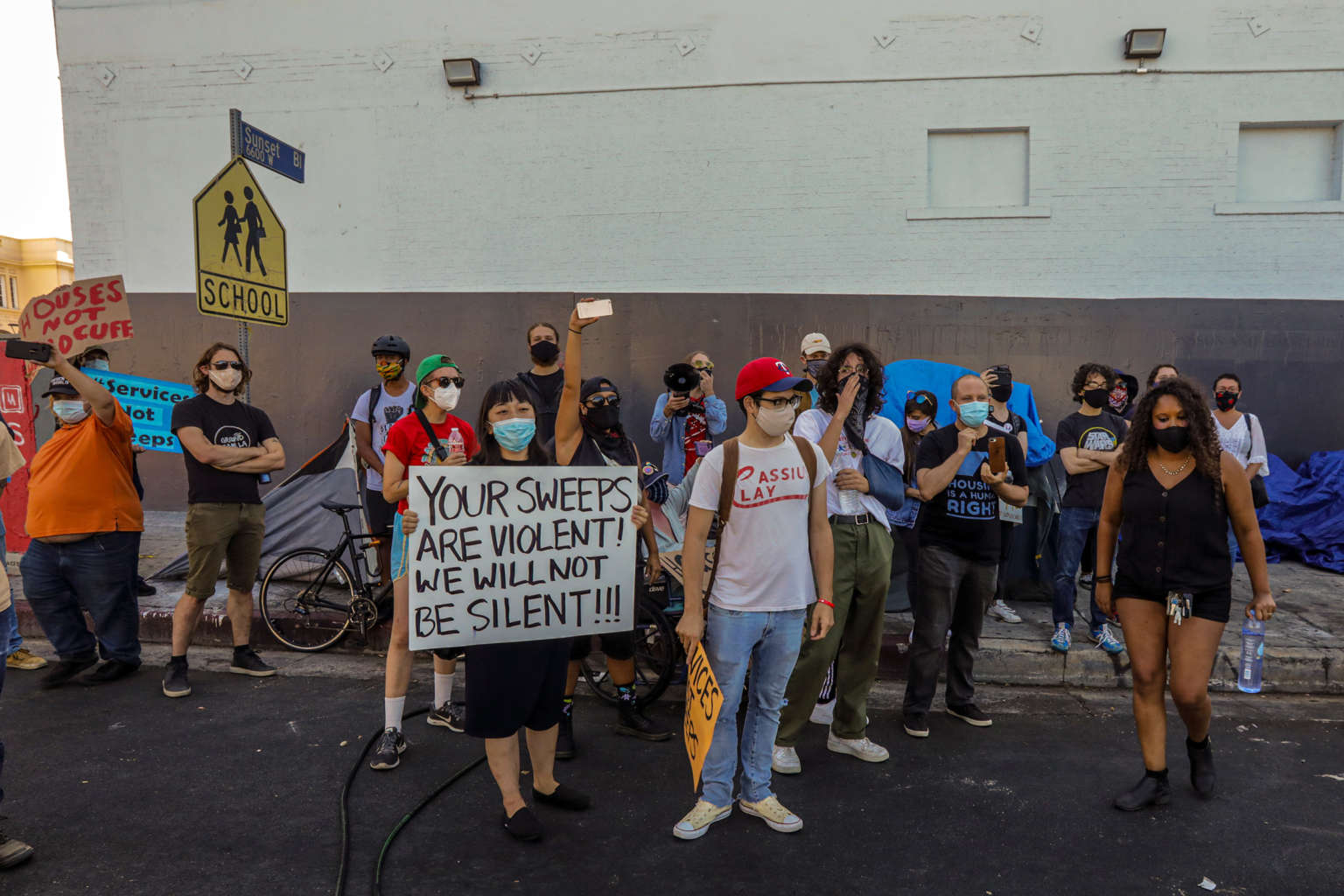Truthout | March 17, 2022
“None of us know where this is going,” says author and activist Dean Spade. “It’s not looking good, but what do I want to spend the rest of my life doing? Being fully alive, being with other people, being in it together, taking risks, being really, really caring, [and] learning to love people even if they annoy me.” In the spring of 2020, the U.S. saw an unprecedented wave of mutual aid projects in response to the pandemic. What became of that energy, and what lessons have organizers learned from efforts that thrived and projects that collapsed? In this episode of “Movement Memos,” Kelly Hayes and Dean Spade talk about mutual aid, overcoming burnout and demobilization and how we can support trans young people in the face of fascistic Republican attacks.
Kelly Hayes: Welcome to “Movement Memos,” a Truthout podcast about things you should know if you want to change the world. I’m your host, writer and organizer Kelly Hayes. We talk a lot on this show about the work of organizing and what solidarity demands of us. Today, we are talking about mutual aid, including lessons from the ongoing pandemic. We will be hearing from Dean Spade, whose book Mutual Aid: Building Solidarity During This Crisis (and the Next) should be in every activists’ library, if not on their person. We’re also going to talk about what mutual aid looks like in the context of Republican attacks on trans youth, and how we can hold hope in these times.
As we have discussed previously on the show, mutual aid is a form of political participation that involves a sense of communal responsibility, from providing free meals or housing to rescuing or defending community members who are in danger. When we create mutual aid projects, we are not simply committing acts of goodwill, but rather, creating new ways of living in relation to each other. Through these efforts, we make the worlds we inhabit together more survivable.


